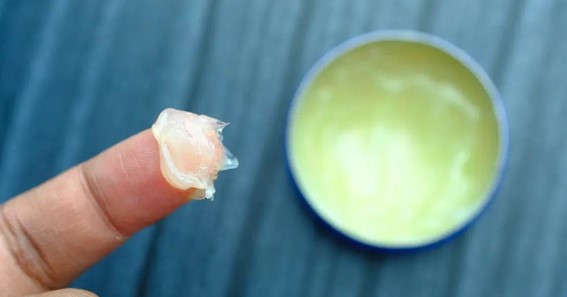As the world becomes more and more environmentally conscious, more of us are becoming increasingly interested in products that are marketed as “natural.” However, what exactly makes a product a natural product? In particular, what makes a natural lube qualify as natural?
Here, we’ll be analyzing how the word “natural” is regulated in the beauty industry, as well as what implications come with a natural lube.
Maybe it’s because you care about the environment, and maybe it’s because you are starting to care more about what ingredients enter and are absorbed into your body, but natural lube is something many people decide to look into. But is it worth it?
Defining “Natural”
Natural lube is technically considered a medical device by the FDA, which makes it significantly harder to be regulated. Additionally, even the beauty and cosmetics industry doesn’t quite have a handle on regulating the term natural.
So anything that makes natural lube natural is certainly not regulated on a government level.
Natural Means Minimally Processed
However, the beauty industry generally takes the term “natural” to imply that the ingredients inside have been only minimally processed. Minimally processed ingredients are thought to maintain more of the nutritional and natural positive effects than those that have been further processed.
Additionally, this often means that the processes used to manufacture the product are much less likely to be harmful to the environment, as processes like mining or others that increase pollution production are not typically used.
Found in Nature
People also generally consider ingredients to be natural if they are found in nature. But what exactly does that mean? It means that the ingredients are less likely to be put into the final product after they’ve been manufactured by a lab.
Items like coconut oil, shea butter, hemp, and calendula are pretty common ingredients in the natural beauty world, and it’s pretty easy to determine where the ingredients come from just based on their names.
Names You Recognize
Additionally, the “natural” in natural lube will generally imply that most of the ingredients, if not all of the ingredients, are going to be easily recognizable by the end-user of the product.
Again, this makes it pretty easy to determine from where in nature the ingredients have been derived, and this makes many people feel much more comfortable. As opposed to scientifically manufactured chemicals and additives that are put into many beauty and medical products, these are names that are much more likely to be used in regular conversation.
However, those lab-made products come with a couple of pros and cons. Lab-made products and ingredients are more likely to be scientifically proven safe because of the testing processes that they go through. But that doesn’t mean that those ingredients are going to meet your moral standards.
If a company is creating their natural lube with ingredients that have already been classified as body-safe by the scientific community, and specifically if those ingredients are safe for the vagina and anus to absorb, then there should still be relative levels of comfort with these products.
Does Natural Mean Simple?
A lot of the time, products that market themselves as natural, including natural lube, have much shorter ingredient lists. But just because an item has a long list of ingredients does not necessarily mean that the product is not naturally derived. And just because a product has a very short ingredient list doesn’t mean that it is natural either.
That essentially comes down to the information covered above, meaning that ingredients are more likely to be natural or naturally derived if you recognize all the words in the ingredients list.
Does Natural Mean You Don’t Need to Worry?
The word “natural” may make some consumers feel like they don’t need to worry as much about the ingredients they are putting into their bodies, especially if it comes to natural lube. But this is not necessarily the case.
While you may have a sense of control if you recognize all of the ingredients, recognizing the names does not mean that the product is safe for the body or safe for you, specifically. It can mean that that’s the case, but it doesn’t mean it inherently.
Especially in the case that some of these products contain some common allergens, there is still a possibility of an allergic reaction, irritation, or general discomfort. That means that you need to remember to be extremely careful when you’re looking into any natural products.
While some natural products have been made to avoid all common allergens, be kind to the vegan lifestyle, and call themselves cruelty-free, this is not the case for all products that are marketed as “natural.” In fact, in some cases, natural products are more likely to contain ingredients from the list of more common allergens.
Specifically, coconut oil comes to mind. Coconut oil is technically a tree nut, and those with a coconut or tree nut allergy should avoid products containing coconut oil. Coconut oil is especially relevant in this conversation because many people use coconut oil as a “homemade” and “natural” DIY lubricant.
While the scientific community has determined that coconut oil is safe for most bodies and can be used as lube, this is not necessarily the case for all.







